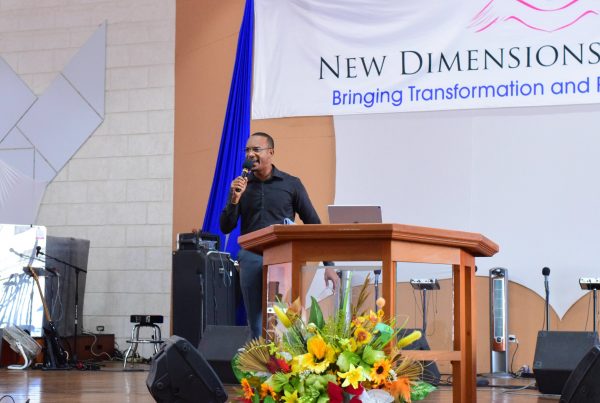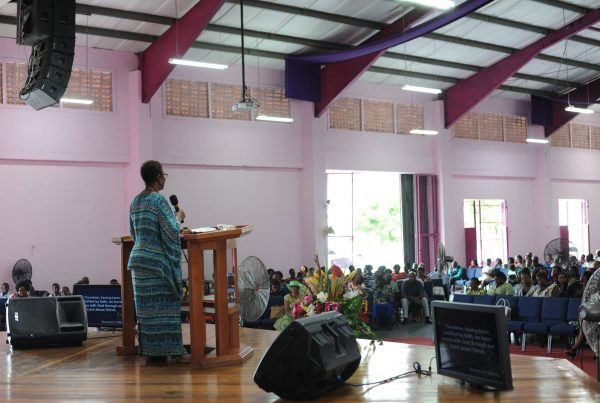Where there is no revelation, the people cast off restraint; But happy is he who keeps the law. Proverbs 29:18 (NKJV)
How do I manage my money on a daily basis? In order for us to walk in wealth, one must have a vision for their life. We must set big goals and not small one. We have to set long term goals for the next 10-20 years. Where do you see yourself in 2027? Where do you see yourself in regards to your relationship with God? Where do you want to be in the next 19 years in your career, family and ministry? We must take time to reflect and write down our goals. When we don’t have goals, everything becomes urgent. We begin to lose focus and determination. After we have written our goals, we must then write our why. Why are these goals important to us? Why do you want to achieve these things? We must consider what we will do in the future with retirement and family.
Many are destroyed because of the lack of knowledge (Hosea 4:6). It is important that we educate ourselves on financial management. We have a wide range of resources including the Internet, books and videos. It is important to note that a poor mindset could destroy us. Information causes us to have a different mindset. We must become lifelong learners. One of the best resources that we can gain information from is the Bible. Some other books we can read are “The Richest Man in Babylon”, “The Millionaire Next Door” and “Think And Grow Rich”.
What do we do when we receive our salary? Financial success is not about how much you earn but how much you keep. It is important for us to budget. Voluntary poverty refers to paying yourself first. Before we spend our salary, we must take out our offering and savings. We can take out 10% for offering, 10% for savings, 10% for investments and live on the other 70%. One must have at least 6 months of salary saved in the event of an emergency (Proverbs 21:20, Ecclesiastes 11:1-6). It is important for us to invest. Investments include paper assets (mutual funds, savings), real estate (owning property for rent), business (investing as a shareholder) and commodities.
What do you do with the rest of your salary? What do you do with the 70%? You must first keep your debt low. Pay off your bills. There are a number of ways to reduce taxes including covenants.
We have goals and strategies but we must commit to it. We commit our ways to the Lord and we will prosper (Proverbs 16:3). Trust in the Lord. Take every goal to the Lord before making major financial decisions. We must remain focus. We must focus on the vision and the goal that we have set.





